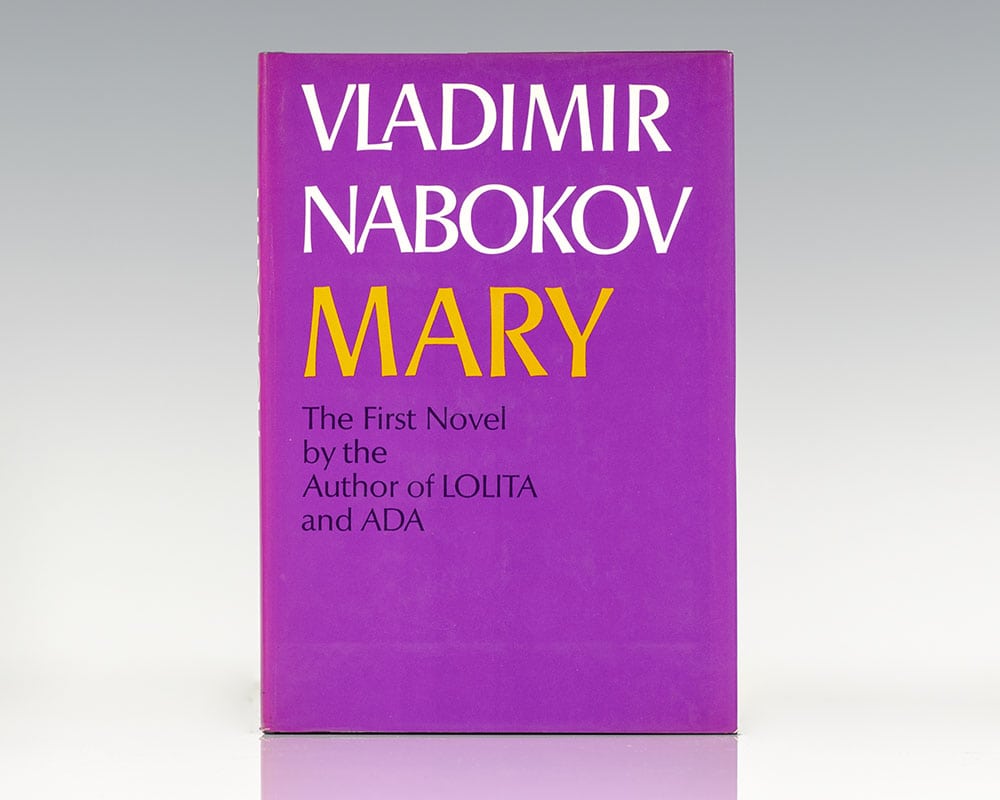

"The world of memories in which Ganin had dwelt became what it was in reality: the distant past. However, as he leaves the house, he has a moment of clarity. The infatuated Ganin instead sets the clock for eleven and plans to meet Mary at the train station himself. Just before Alfyorov falls into his drunken sleep, he asks Ganin to set his alarm clock for half past seven, as Alfyorov intends to pick up Mary at the train station the next morning. Ganin steadily plies Alfyorov with alcohol, heavily intoxicating him. Eventually, Ganin claims that he will leave Berlin the night before Mary is to arrive and his fellow residents throw a party for him the night before. Enthralled by his vision of Mary and unable to let Alfyorov have her, Ganin contrives to reunite with Mary, who he believes still loves him. As Ganin realizes this, he ends his relationship with his current girlfriend, Lyudmila, and begins to be consumed by his memories of his time in Russia with Mary, which Ganin notes were "perhaps the happiest days of his life". Through a series of conversations with Alfyorov and a photograph, Ganin discovers that his long-lost first love, Mary, is now the wife of his rather unappealing neighbour, and that she will be joining him soon.


Ganin is now living in a boarding house in Berlin, along with a young Russian girl, Klara, an old Russian poet, Podtyagin, his landlady, Lydia Nikolaevna Dorn and his neighbour, Aleksey Ivanovich Alfyorov, whom he meets in a dark, broken-down elevator at the beginning of the novel. Mary is the story of Lev Glebovich Ganin, a Russian émigré and former White Guard Officer displaced by the Russian Revolution. Sirin in 1926 by Russian-language publisher "Slovo". Mary ( Russian: Машенька, Mašen'ka) is the debut novel by Vladimir Nabokov, first published under the pen name V.


 0 kommentar(er)
0 kommentar(er)
